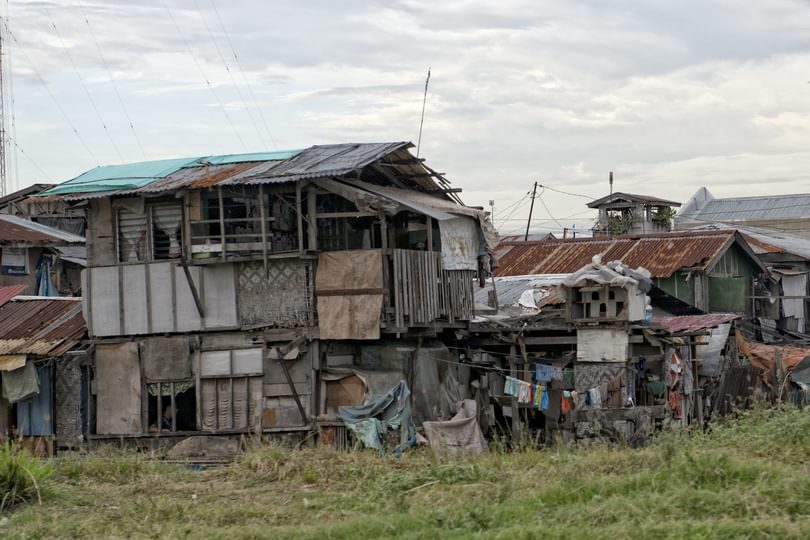
A pioneering report from the World Bank sets out recommendations on how we should measure and monitor global poverty.
The report, entitled Monitoring Global Poverty, is the final output of the World Bank’s Commission on Global Poverty, chaired by Sir Tony Atkinson, Senior Research Fellow at the Institute for New Economic Thinking at the Oxford Martin School. The Commission, comprising 24 world leading economists, was set up in 2015, in line with the UN’s post-2015 Sustainable Development Goal of eradicating extreme poverty in all its forms, and the 2013 World Bank aims of ending extreme poverty and boosting shared prosperity.
The report intends to advise the World Bank on two specific areas. What should be the interpretation of the definition of extreme poverty, set in 2015 in PPP-adjusted dollars a day per person? And what choices should the Bank make regarding complementary monetary and nonmonetary poverty measures to be tracked and made available to policy makers?
It lays out 21 recommendations to improve policy measurement, ranging from the need to invest in better data and improved national-level statistics, to a recommendation to broaden the conception of poverty to include non-monetary measures of deprivation – specifically access to healthcare, basic services like water and electricity, and educational outcomes.
“The aim of our Report was to improve the way the World Bank monitors poverty” said Tony Atkinson. “By focusing on changes over time, we can learn, taking account of the potential margins of error, about the evolution of global poverty.”
“Outside the World Bank, it is hoped that this report will be of value to everyone engaged in poverty measurement across the world, and be a highly positive force in encouraging partnerships.”
In responding to the report, the World Bank stated that “it contains the most sound and authoritative advice the World Bank Group could have hoped for on how to build upon, improve and expand our recent work in measuring poverty worldwide, so as to provide the international community with the best possible informational base needed to monitor our progress towards ending extreme poverty by 2030.”
The UK launch of the report was co-hosted by the Oxford Martin School and the Oxford Poverty & Human Development Initiative (OPHI) at the Oxford Martin School on Friday 4 November.